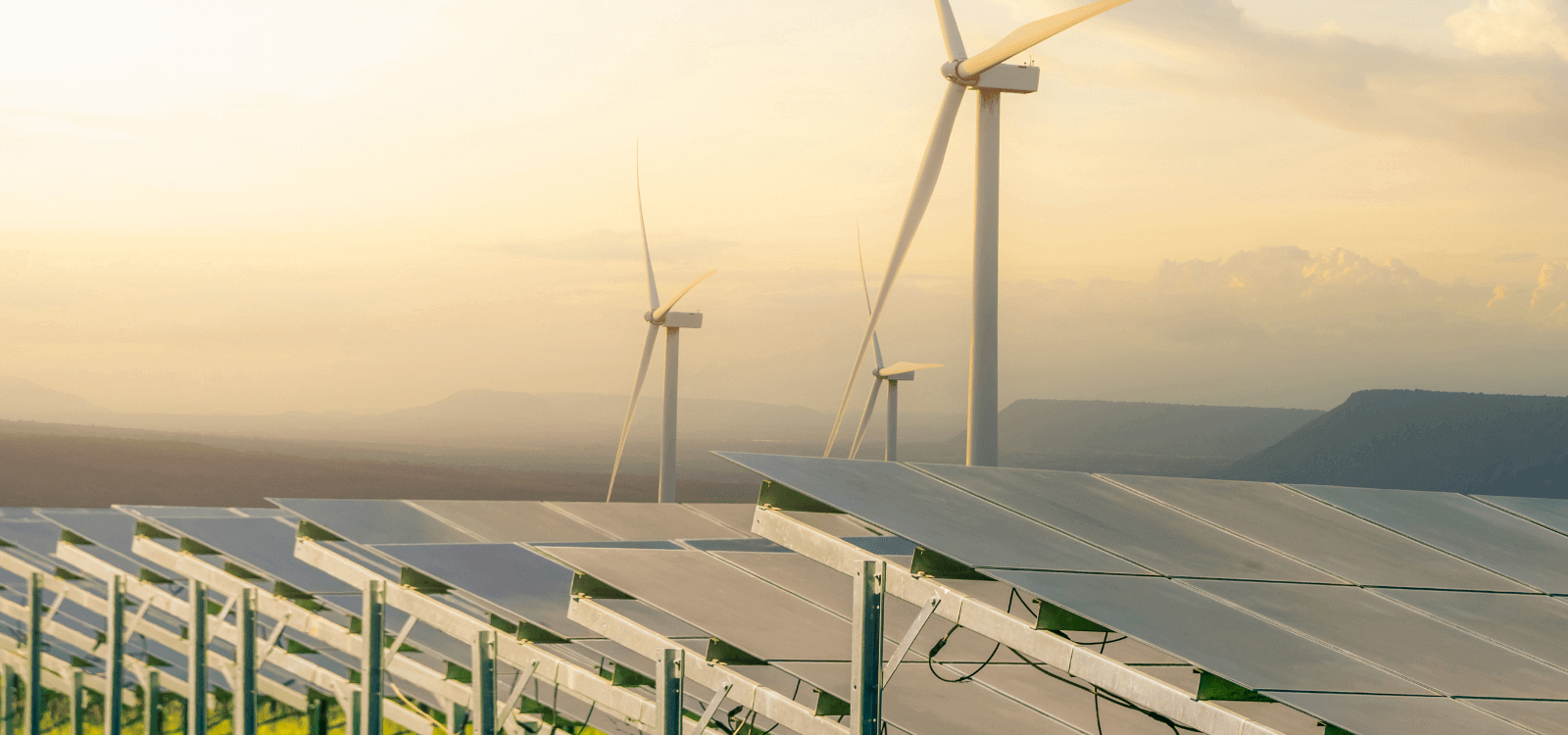The global economic crisis has opened up opportunities to see new paths and broaden horizons in investments in a sustainable economy.
If we analyze the Global Risks Report for 2023 debated during the World Economic Forum in Davos, Switzerland, we will see that the global crisis provides an unprecedented moment in the structuring of an economy based on sustainable development.
After two very insecure years in all aspects due to the Covid-19 pandemic, now is the time to resume economic and social growth, solve problems for the demands of the production chain and, above all, discuss how to do all this, appeasing the environmental damage.
The World Economic Forum, held annually in Davos, points to a direction for the creation of new technological projects aimed at the energy transition. The Forum's resolutions permeate the Sustainable Development Goal 7 (SDG 7) of the United Nations (UN), which deals with ensuring access to cheap, reliable, sustainable and renewable energy for all people in the world.
Among the global goals established for the climate, to be achieved for the coming years, are:
– Decarbonization of the world economy (Decarbonization Economy);
– Use of renewable and non-polluting resources in the production chain;
– Universalization of access to energy through clean and renewable sources.
Who are the agents of the green economy?
At this moment in history, political and economic leaders from all over the world are discussing problems, projects and solutions that need to be implemented by all nations, aiming to guarantee the expansion of the world economy linked to environmental safety and social responsibility.
The guidelines recently outlined at the Annual Meeting of the World Economic Forum for 2023 converge on the theme of economic progress, linked to environmental sustainability policies and social promotion. To ensure that international climate agreements are effectively implemented, organizations such as the UN, UNICEF and the World Economic Forum itself are aligning debates and proposals for each country.
The joint purpose is that by 2030, the world can experience a new paradigm in economic development, with sustainable technologies effectively implemented and in full operation, in countries where industrial progress causes greater concern in terms of Greenhouse Gas (GHG) emissions. .
The protagonists of the sustainable development agenda are the leaders of developed countries, who, understanding the dynamics between industrial advancement and socio-environmental care, have already started to implement programs and projects aimed at Climate Positive. In the not too distant future, the market economy, environmental conservation and human and social development will no longer be in different spheres of action, since they will be positioned at the forefront of sustainable development.




